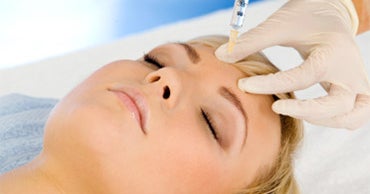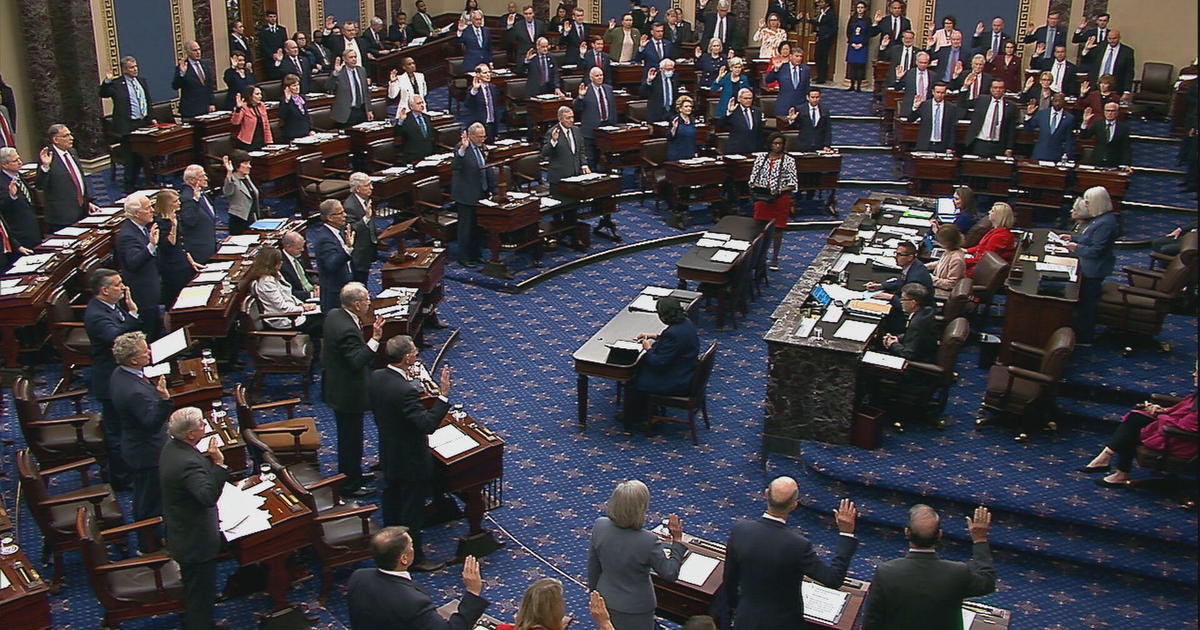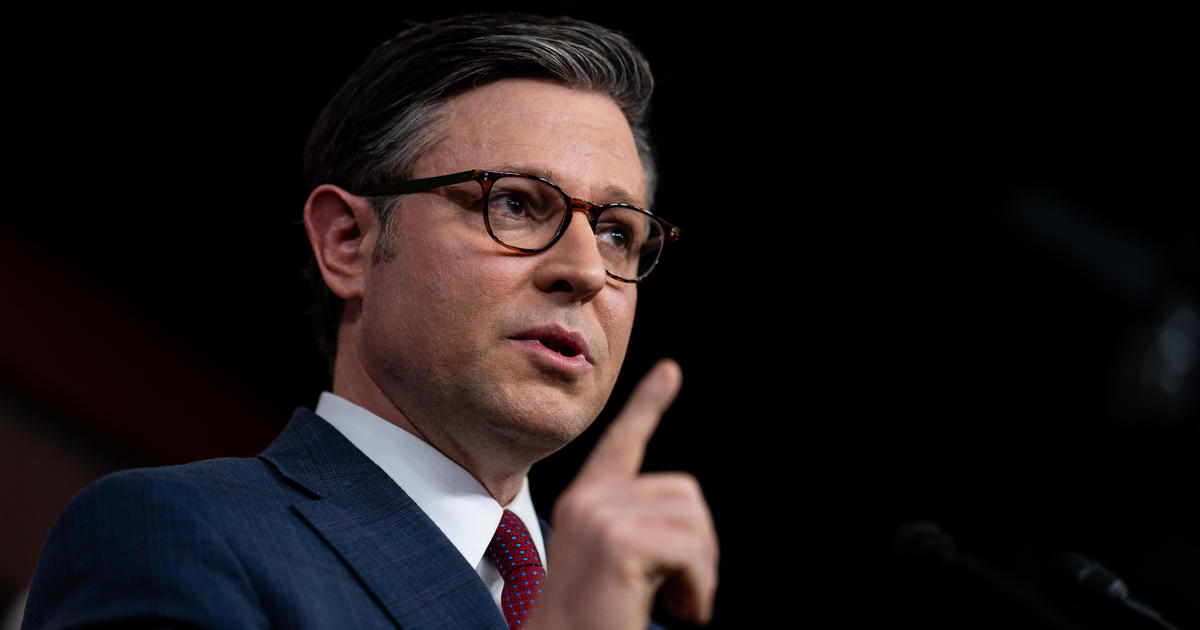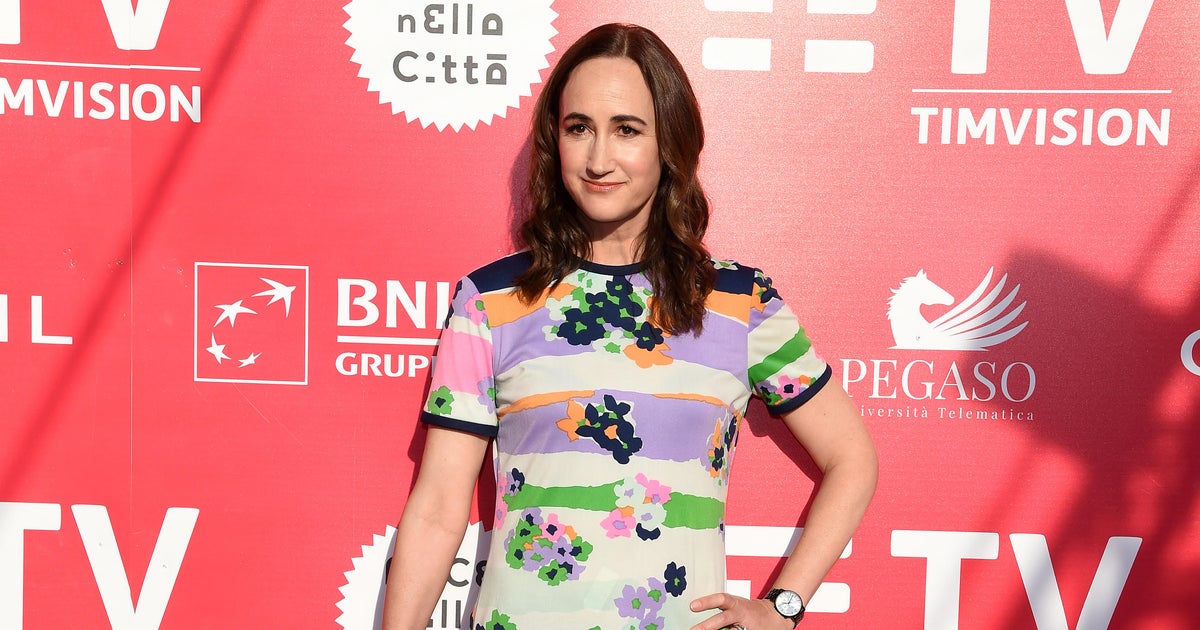U.S. health officials recommend COVID-19 vaccine boosters 8 months after second shot
Washington — Federal health officials said Wednesday that vaccinated Americans will need to get booster shots eight months after receiving their second dose of a COVID-19 vaccine to maximize its protection against the virus and extend its durability.
The nation's leading public health and medical experts from the Department of Health and Human Services announced in a joint statement that the Biden administration is prepared to begin offering the boosters the week of September 20 and starting eight months after Americans received their second doses of Pfizer and Moderna's two-shot vaccines.
"The plan is for the rule to be simple: Get your booster shot eight months after you got your second shot," Jeff Zients, the White House COVID-19 response coordinator, said during a briefing Wednesday from the White House COVID-19 Response Team.
Americans who were first to get vaccinated against COVID-19 — health care providers, nursing home residents and the elderly — will likely be eligible for a booster late next month, public health officials said. The Biden administration will also launch efforts to deliver boosters directly to residents of long-term care facilities.
The plan is subject to approval from the Food and Drug Administration (FDA) and the Centers for Disease Control and Prevention (CDC). Dr. Anthony Fauci, director of the National Institute of Allergy and Infectious Diseases; Dr. Rochelle Walensky, director of the CDC; and Dr. Janet Woodcock, acting commissioner of the FDA, are among the group of health experts recommending the third doses.
"In association with the dominance of the Delta variant, we are starting to see evidence of reduced protection against mild and moderate disease," the health officials said in their statement. "Based on our latest assessment, the current protection against severe disease, hospitalization, and death could diminish in the months ahead, especially among those who are at higher risk or were vaccinated during the earlier phases of the vaccination rollout. For that reason, we conclude that a booster shot will be needed to maximize vaccine-induced protection and prolong its durability."
The available data "make very clear" that protection against COVID-19 infection starts to decline over time after the initial doses of the vaccines, they said.
Federal health officials expect a booster will also be needed for Johnson & Johnson's one-dose vaccine, which was rolled out to Americans in March, though more data on that shot is expected in the coming weeks.
"Our top priority remains staying ahead of the virus and protecting the American people from COVID-19 with safe, effective, and long-lasting vaccines especially in the context of a constantly changing virus and epidemiologic landscape," the health officials said. "We will continue to follow the science on a daily basis, and we are prepared to modify this plan should new data emerge that requires it."
President Biden is expected to discuss booster shots in remarks at the White House later Wednesday, White House press secretary Jen Psaki previewed Tuesday. She said Mr. Biden and first lady Dr. Jill Biden would get boosters if they are recommended by federal health agencies. The two received their second doses of Pfizer's coronavirus vaccine in January.
The decision by the nation's top health experts to expand the population who should receive booster shots comes after they recommended them last week for certain Americans with weakened immune systems, such transplant recipients or some cancer patients.
The U.S. has been planning for the possibility that booster shots would be needed, securing enough vaccine supply to ensure Americans can get another dose of the vaccines. Psaki said the Biden administration has "planned for this contingency," even as federal health agencies weighed whether boosters would be needed. The third doses will be available at more than 80,000 places nationwide, including 40,000 local pharmacies, Zients said.
The Biden administration will also continue to expand its efforts to boost the supply of vaccines to other countries, in addition to the 600 million doses it committed to donating globally, Dr. Vivek Murthy, U.S. surgeon general, said.
"We understand well that global pandemics require a global response," he said.
Earlier Wednesday, the World Health Organization (WHO) criticized plans from wealthier countries to provide boosters, arguing data doesn't indicate the need for them.
"The reality is today we're planning to hand out extra life jackets to people who already have life jackets, while we're leaving other people to drown," Dr. Mike Ryan, executive director of the WHO Health Emergencies Program, told reporters.
U.S. drug companies and federal health agencies have been examining the effectiveness of the vaccines against infection over time and how effectively they protect against the highly contagious Delta variant, which now accounts for 98.8% of all U.S. infections, according to the CDC.
New research from the health agency released Wednesday warns of a "significant decline" in vaccine effectiveness against COVID-19 in nursing home residents, who were vaccinated earliest in the nation's rollout of the COVID-19 shots. In a study of roughly 15,000 long-term care facilities, the effectiveness of the Pfizer and Moderna vaccines dropped from 74.7% to 53.1% during the spike in Delta variant cases this summer, the CDC found.
Researchers analyzing data from millions of fully vaccinated adults in New York also found that overall vaccine effectiveness appeared to fall to 79.8% through late July. A third study found that vaccine effectiveness against Delta variant infection declines from 76% to 42% for Pfizer's vaccine, and 86% to 76% for Moderna's shot.
"The data consistently demonstrate a reduction of vaccine effectiveness against infection over time," Walensky told reporters during Tuesday's briefing.
Still, data analyzed through July show highly effective protection against severe illness and hospitalization for the vaccinated.
Warnings about the dangers of the Delta variant, which drove a spike in COVID-19 cases and hospitalizations, has led to a surge of new vaccinations. As of Monday, 70% of all eligible Americans, those 12 and older, have received at least one dose of the vaccine, according to Cyrus Shahpar, the White House COVID-19 data director.
While there has been an increase in Americans getting their shots, Zients said coronavirus cases are concentrated in communities with low vaccination rate.
"This remains a pandemic of the unvaccinated," he said.
Nearly all of those who are hospitalized with COVID-19 are unvaccinated, and public health officials have stressed the COVID-19 vaccines are highly effective at reducing the risk of severe disease, hospitalization and death, including against the Delta variant.
Alex Tin contributed to this report.



